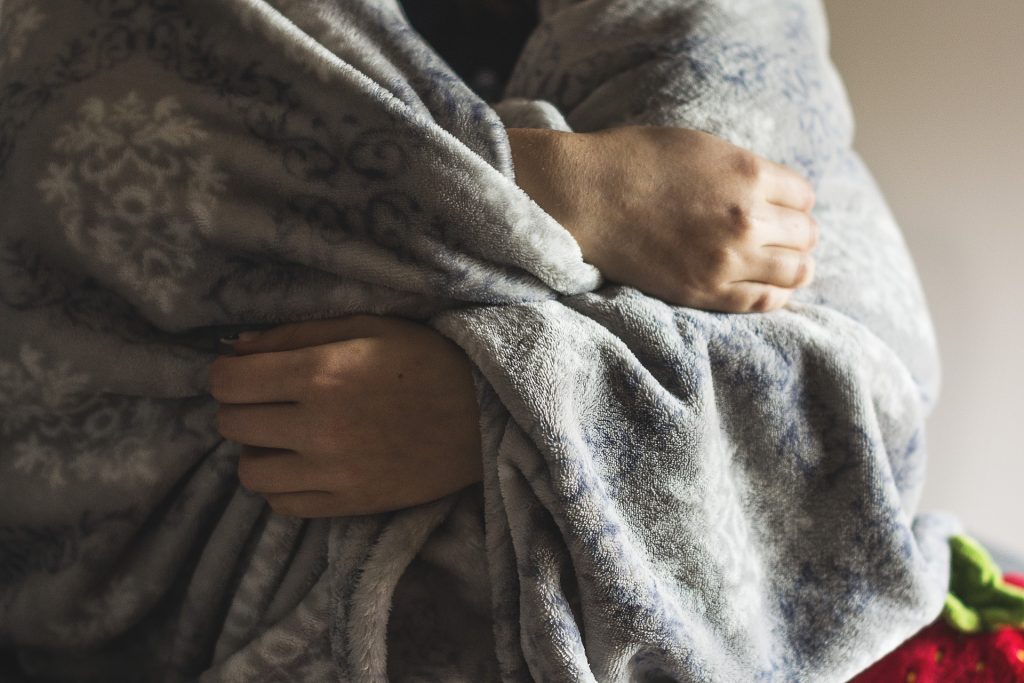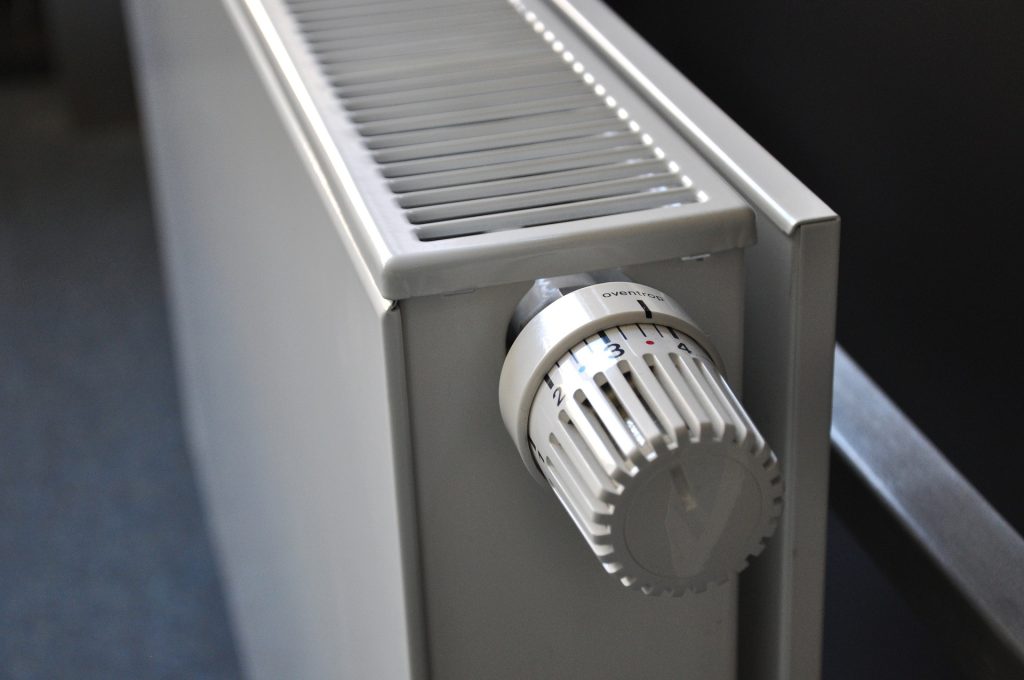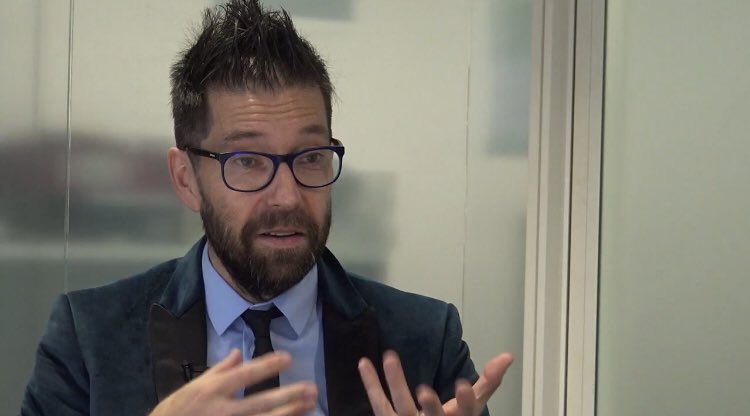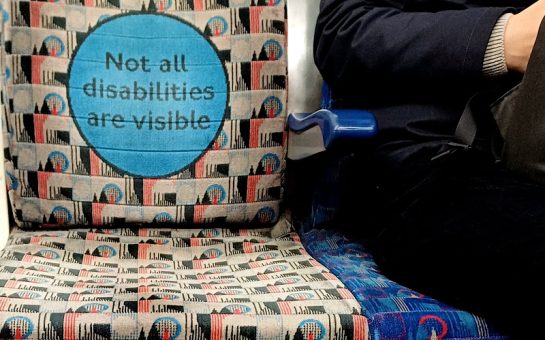When Linda Black’s energy provider got in touch with details of her new tariff, she was overcome with anxiety.
Already struggling to afford her current bills, she spends most days wearing a blanket just to stay warm.
The central heating is only ever set above 18 degrees when the cold becomes unbearable.
For Linda, who suffers from arthritis and asthma, the constant fear of falling into arrears as a result of rising energy bills has had a significant impact on her mental health.
“I’m only too aware of my precarious financial situation, and something which has been hard to come to terms with is the fear that my money could be cut even further,” she told SWL.
“I don’t think people realise how stressful not having enough money is – it’s all-consuming. I check my bank account every day, looking to see what I can cut back on.
“I get anxious at the checkout in supermarkets. I know every price on my list and get upset if an item has gone up or if I have to buy the more expensive option, because I know I’ll have to do without something else.
“Life in poverty gets smaller and smaller.”

But the physical impacts on Linda have been most notable, with the cold temperatures inside her home triggering asthma attacks, and exacerbating her already excruciating joint pain.
“I don’t want to get out of bed to feel the shock of the cold. I’m using my steroid inhaler more frequently. I’ve woken up in the night wheezing, and the joints on my fingers are swollen and painful.”
Tragically, this experience is not unique. For disabled households in London, and across the country, this is the stark reality that awaits them following the proposed increase to the energy price cap.
Unveiled last week, Ofgem announced the cap on average household energy bills would increase by 54% to £1,971 per year, the biggest hike since the cap was first introduced in 2019.
Driven by a record surge in global gas prices over the last six months, the rise will come into effect in April and is expected to see bills for consumers with default variable gas and electricity tariffs soar by £693.

A number of charities have warned the increase will drive disabled households further into financial difficulty, with a 2020 report commissioned by the Trussell Trust revealing 62% of working-age adults referred to a food bank were disabled.
It follows the government’s £20-a-week cut to Universal Credit which was introduced last year as part of a package of measures to help relieve the financial pressures on those affected by Covid-19.
A survey conducted by the charity Citizens Advice found that the cut to the Universal Credit uplift could force more than 2 million into debt, with a survey revealing that more than a third of people would be pushed into the red after paying essential bills.
The charity also said that in the last three months of 2021, frontline staff helped one person every 40 seconds with a fuel debt issue, an increase of 40% compared to the same period in 2020.
Dan White, campaigns and policy officer for the London-based charity Disability Rights UK, said the increase could see disabled households forced to make “damaging choices” in order to meet the cost of rising energy bills.
“The energy price cap that has been proposed is effectively the final nail in the coffin for disabled people,” he said.
“The benefits we receive – that often go towards social care costs and medical supplies – will be diverted to simply keep the lights on.
“Electricity cannot be rationed as it provides power for rolling oxygen machines, sensory mats to alert parents to seizures, powered wheelchairs and mobile hoists – all of which are a part of millions of homes.”
A carer to his disabled daughter, Dan explained that his own energy bills have risen – with his provider charging an extra £200 a month.
He added: “As a family we have mostly turned the heating off.
“Luckily, we have a wood-burner, but that cannot keep our daughter’s body temperature regulated. For us, energy is not a luxury – it is a lifesaver.
“Disabled people will see their physical and mental health worsen as money is diverted into utilities rather than care and, in many cases, food.
“Existing support measures do not do enough and don’t take into consideration the reliance we have on energy,” he added.

Responding to the proposed increase, Rishi Sunak announced that £350 worth of support would be made available to households, in a bid to ease what he described as the “sting” from rising energy bills.
It includes an automatic payment of £200 which, repaid over five years, will be taken off energy bills, and a £150 council tax discount for properties that fall within the A to D bands.
Speaking at a Downing Street press conference, the Chancellor said the support would “make a big difference to the vast majority of households”.
However, campaigners have warned that the measures will not go far enough in assisting disabled households who already face “dramatically increasing” energy bills.
“The cost of living crisis for disabled people has already been going on for years – so the current increases are just the latest of many challenges we’ve faced,” said Julia Modern, Inclusion London’s policy and engagement stakeholder manager.
“The £200 discount is a terrible idea for disabled households. We have little prospect of having a higher income in 2023, when we will have to start paying the money back.
“While gas prices may have reduced by then, this will only return us to the current situation.
“We have no space in our existing budgets. Without additional help, how will we be able to pay the money back?”
She added: “In most cases, disabled households are already doing everything they can to get by. Many of us are continually applying for discretionary and emergency funds just to make it through the next few months.
“This process is draining and demoralising, especially when we have to repeatedly explain the effects of our impairments and the challenges we face to prove the validity of our claims.
Her comments come as research by the charity Scope revealed that disabled people are more than twice as likely to have a cold house, with more than 76% having to cut household spending amid rising living costs.
A survey of more than 1,000 disabled adults found that two thirds have seen energy bills rise in the past three months, with 48% of those saying that said increases had a worsening effect on their health condition.
While the increase is likely to see more and more disabled households plunged into financial instability, for households still awaiting decisions on Personal Independent Payment (PIP) applications, the fear is palpable.
Linda added: “Disabled people are disadvantaged financially with what provision is made for them. Benefit assessments and applications are laborious and complicated. The assessment itself is extremely stressful – it can last almost two hours and is exhausting.
“I know of people who have been turned down, even after appealing, who are far too ill to work and only receive Universal Credit.
“I have chronic asthma and arthritis, yet I only passed the standard rate of PIP after three attempts.”
Charities are urging the government to introduce a package of support to help disabled households with their bills, with Citizens Advice calling for a one-off Energy Support Grant to be paid through the benefit system.
Eve Byers, the user voice project lead for the London-based charity Inclusion Barnet, added: “With many disabled people already having to choose between heating and eating – a situation which we consider untenable and entirely preventable – there is simply no room in their finances to accommodate paying more for utilities.
“We know that all human beings need to have their basic biological needs met in order to survive, before they can even begin to thrive.
“Disabled people are people, and deserve to live full and fulfilling lives wherein they do not have to worry about where their next meal is coming from.”



